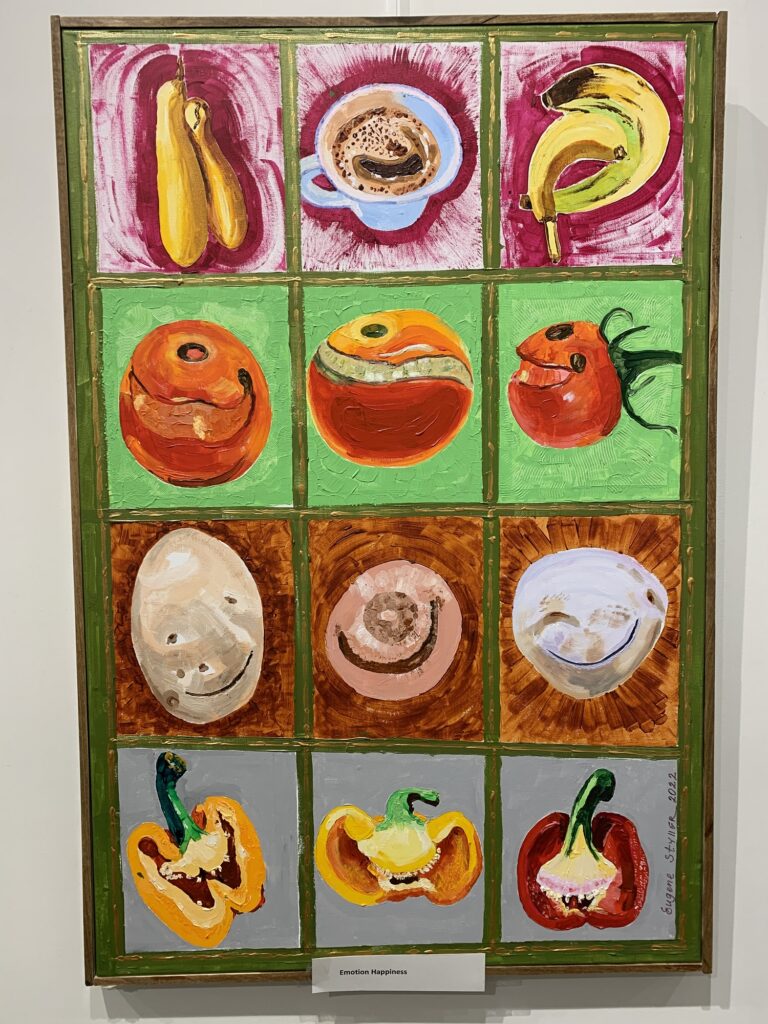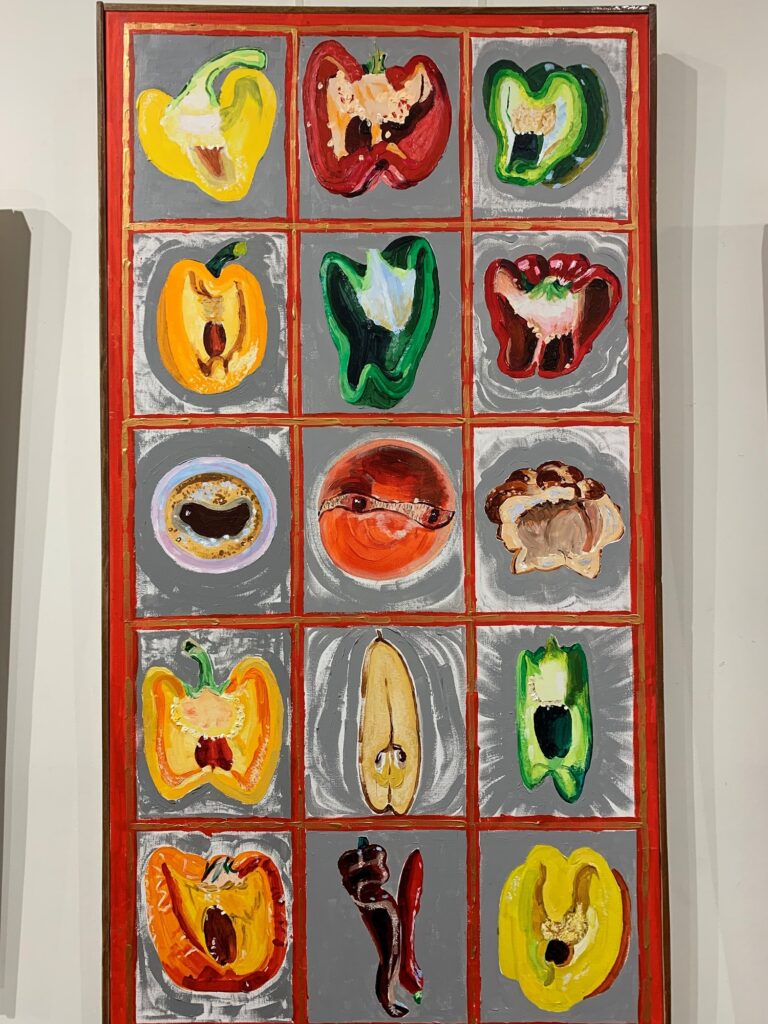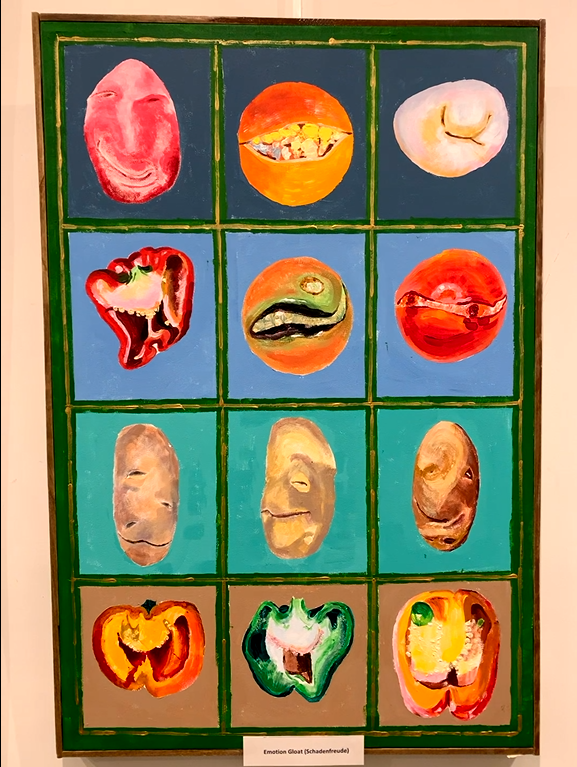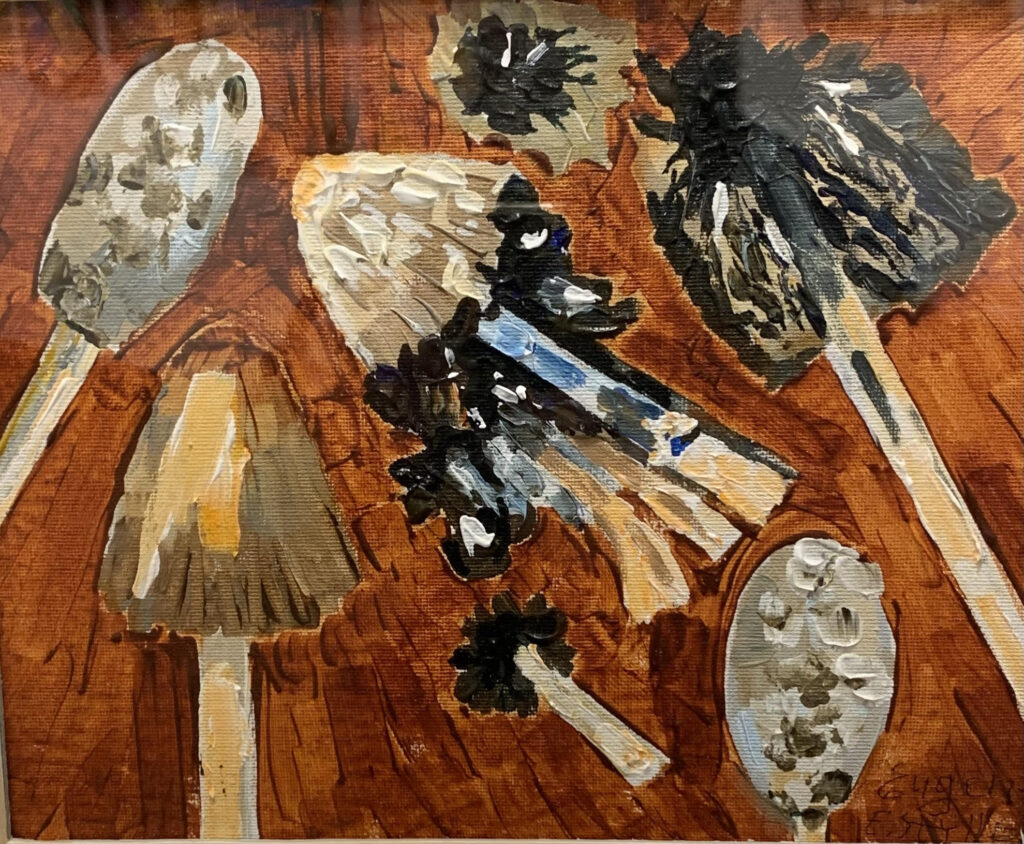WHIMSICAL PAINTINGS
In addition to the paintings you’ve seen on the Home page here are some more of my Whimsical Paintings.
TRIPTYCH EMOTION
The central part of the Lexington Exhibition2022 was a triptych Emotion Categories: Happiness, Fear and Anger, and Gloat (Schadenfreude).
It was painted under the impression of the ideas from a book by Prof. Lisa Feldman Barrett How Emotions Are Made. When I read the book, I immediately knew that emotions or emotional categories, as Lisa Feldman clarified it, would be the next focus of my work.
The triptych looks at you with 39 Whimsical “emotion faces”: 12 Happiness faces, 15 Fear and Anger, and 12 Gloat (Schadenfreude) faces. It was natural for me to paint these “faces.” I was prepared for these emotions through my previous painting, including the “darkly whimsical” fora show during the peak time of COVID-19.
MY BOOK
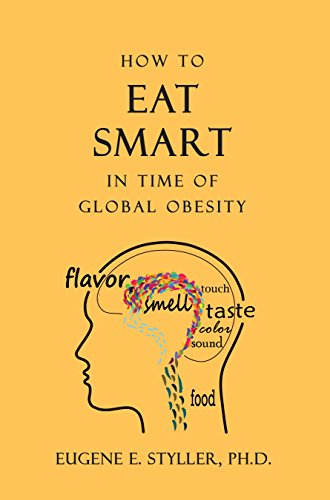
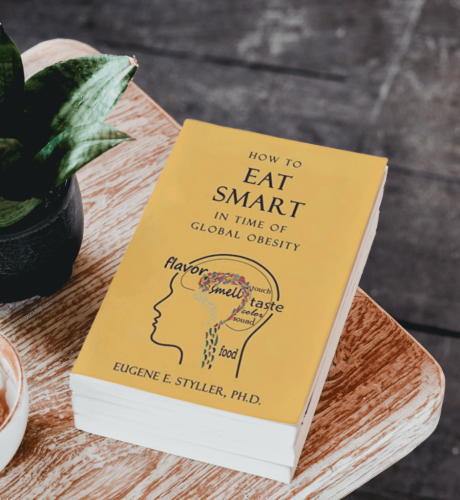
Title: How to Eat Smart in Time of Global Obesity
The book got a very, even extremely favorable response from the four greatest experts in sensory aspects of food and eating: Prof. Gordon Shepherd, Dr. David L. Katz (both from Yale University), Prof. Rachel Herz from Broun University, a leading scientist Monell Chemical Senses Center.
I also have favorable responses from ordinary readers: a math professor from Boston, a high school teacher of science from Manhattan, a clinical social worker from Brooklyn, NY, a talented expert in English from Florida, and a few more.
The book is about self-control by eating in times of great hunger (in labor and concentration camps) and in times of global obesity. I began the book by comparing Ivan Denisovich and Julia Child – two extremity-distant worlds. I found that great hunger and an abundance of food without self-control both are life-threatening situations. Yet, surprisingly, the solution for survival is the same.
Here are some comments from readers of the first versions of the book.
1.11.16
I have read your book and would like to say first how impressive it is.
Your early distinction between flavor for the brain and food for the stomach is very good…
…[T]he idea of extracting flavor from the food before you swallow is a new tool; tieing it in to the experiences of starving in prison camps is a great way to drive the point home. Ingenious that you can then extend that principle to the other extreme to combat obesity.
Having a message for both the undeveloped and the developed world would be very powerful.
Gordon M. Shepherd, MD, DPhil.,
Professor. Yale University, School of Medicine
1.7.16
…Your central premise is fascinating, and even riveting. I found your writing very compelling. I could just leave it there and congratulate you on a most intriguing book.
…I think you have put together an extremely insightful, provocative case.
I don’t know if it will change what most people do with food. But it is rich and delicious food for thought at the very least.
1.10.16
It really is exceptional. Change is hard- that’s just the reality. But you have made a beautiful argument. …
David L. Katz, MD, MPH, FACPM, FACP, FACLM
Director, Yale University Prevention Research Center
Griffin Hospital
6.1.16
…In what I’ve read I really like how you’ve incorporated a wide range of
literature with personal opinion and commentary. You have also approached the
topic from a very important perspective—especially from my point of view! …
Rachel S. Herz, Ph.D.,
Broun University, Department of Psychology and Human Behavior.
6.15.16
This is an important book … in a format that both educates and provides a lot of practical advice on how one can achieve the goals of healthy eating. …
[The book] provides important information to dieticians and educators to help people of all ages to improve their healthy eating habits.
Alexander A. Bachmanov, DVM, Ph.D.
Expert in Neuroscience, Molecular Biology, Genetics and more.
Monell Chemical Senses Center, Philadelphia.
From ordinary readers:
One will never think of eating in the same way they have before.
…an eye-opening … interplay between the psychological and physiological components of our eating experience…”



